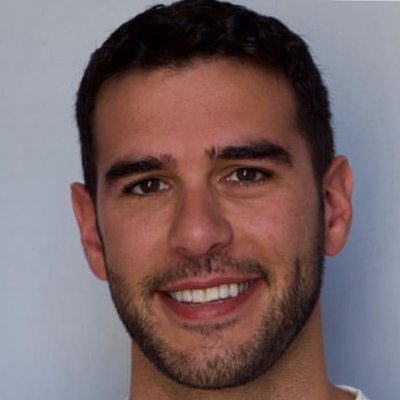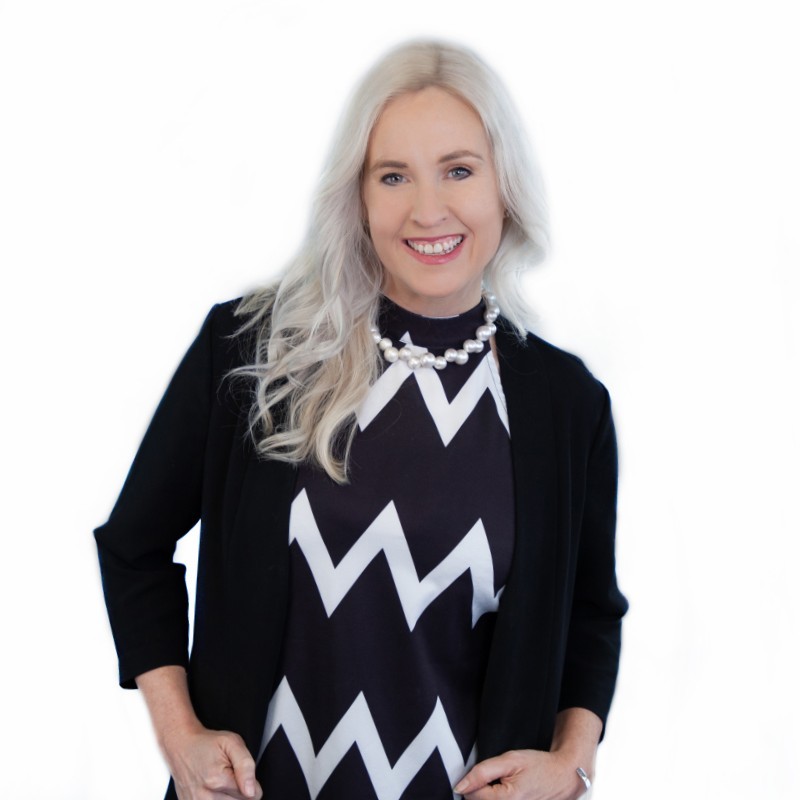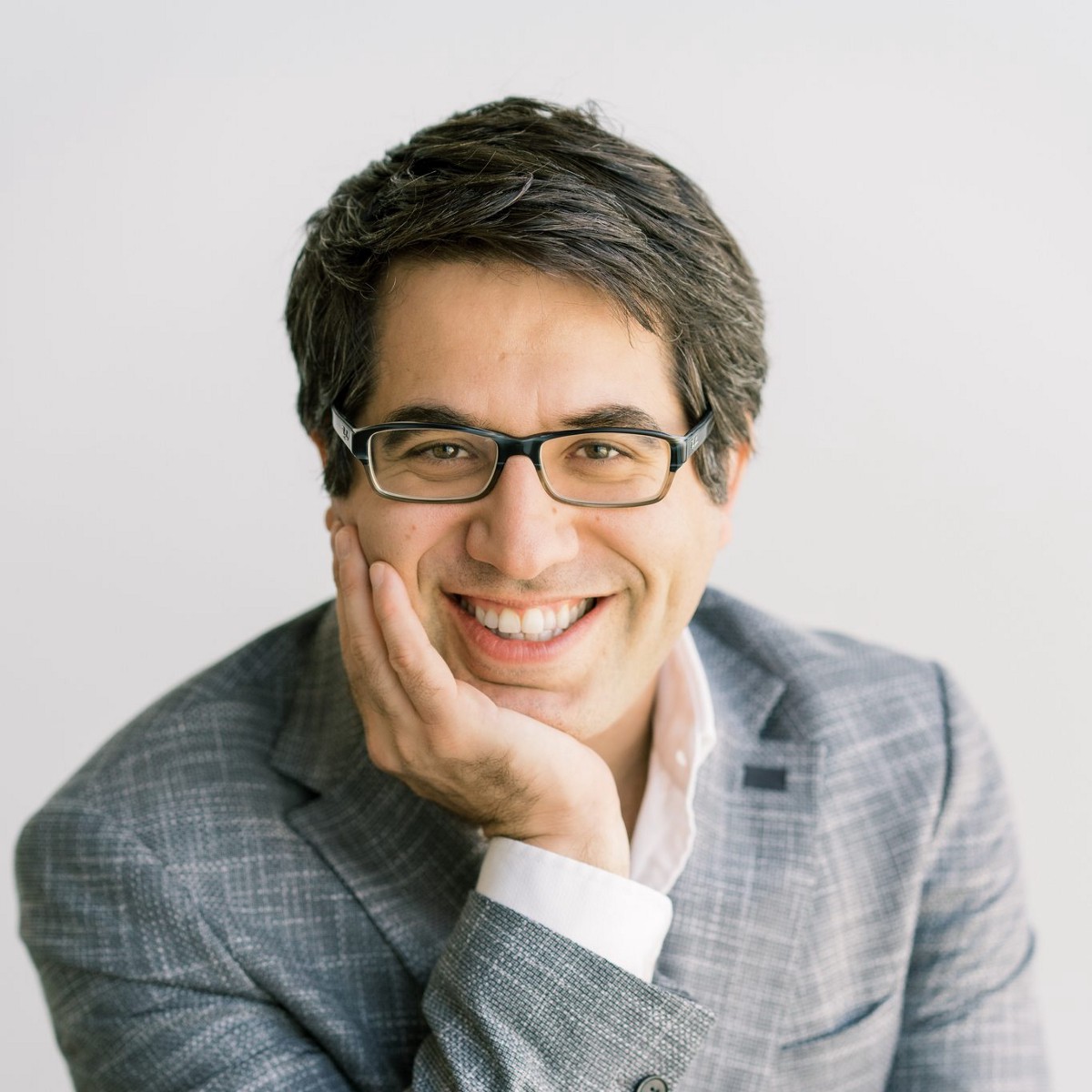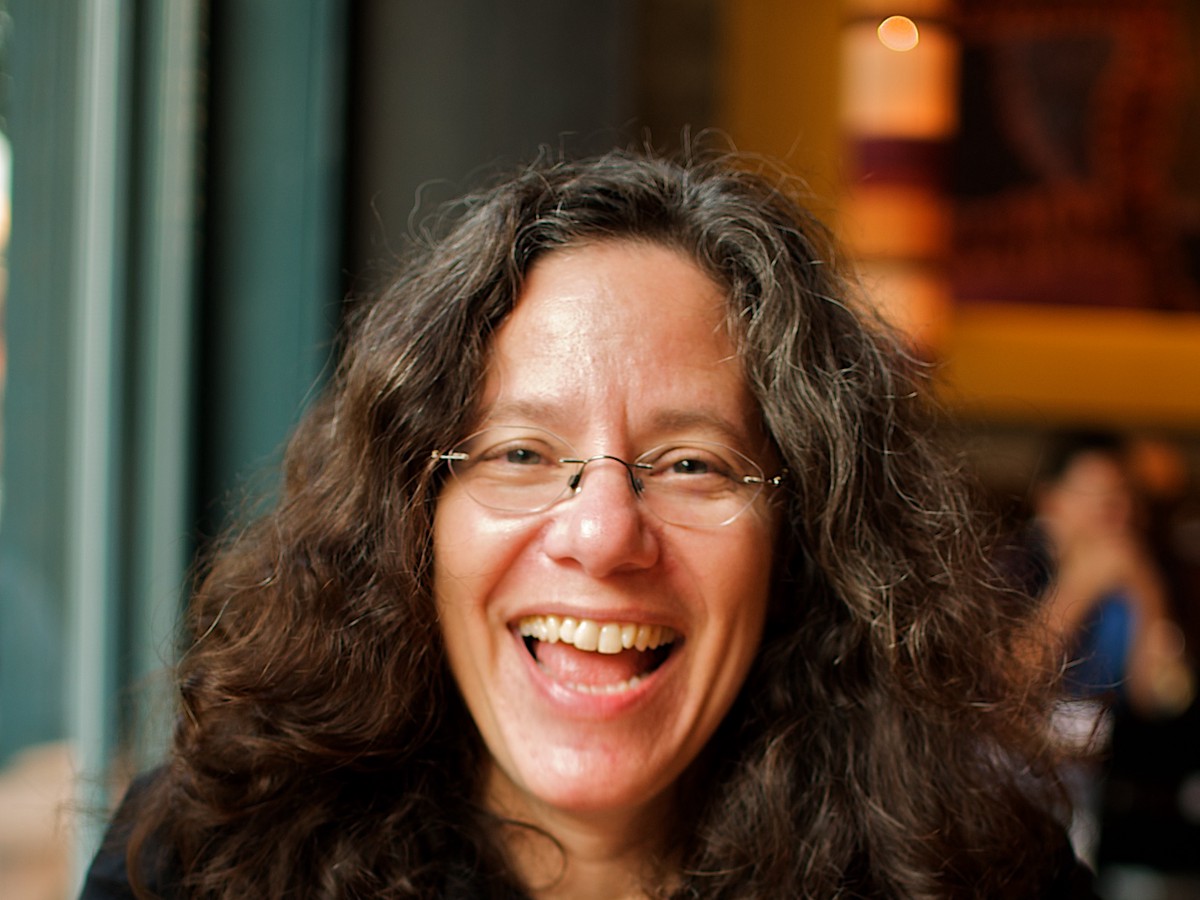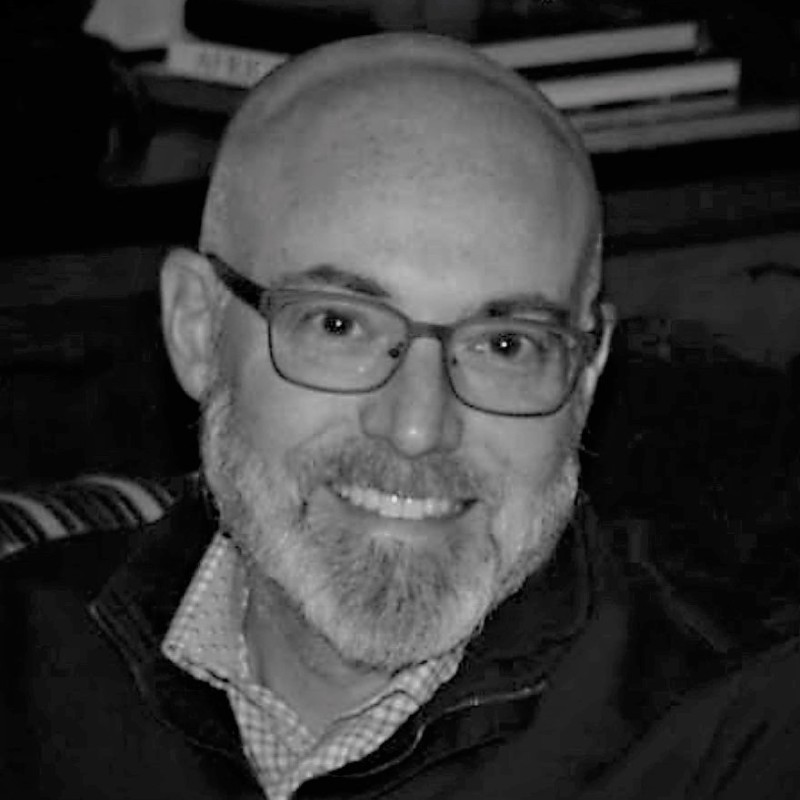Show Links:
MissionU
Brookings Institute Report on Student Debt
Google & Coursera announcement
Welcome to WorkMinus, where we talk about what people are trying to remove from how we work today, and where they see it headed. Today we are talking with Adam Braun, who is heading up MissionU, and this episode is called Work Minus Student Debt. Adam, great to have you on the show today.
Thank you so much for having me.
MissionU is a very exciting thing. I got excited when I started to learn about it. Why don’t you give a quick overview about what MissionU is and what its goal is?
Sure. MissionU is a debt-free one year high education program. We really seek to be essentially a college alternative, for some it’s actually a supplement. But when you get into MissionU, first and foremost, we charge no upfront tuition at all – zero dollars. Instead we entirely invest in you throughout your year with us. And on the backend of that, what you commit to is an income share agreement. So 15% of income is contributed back to MissionU for a grand total of three years, but only if you’re making $50,000 dollars or more. The average college student in this country right now pays back their student loans for about 21 years, there is really aggressive interest rates on them, and it’s not depending at all whether you’ve actually attained career success or not. And so we really wanted to invert that model, put it on its head. I started my life get absolutely decimated by student debt, and so that was a large motivator for me personally. But the other piece is that we really focus on a few things, one in particular being real world skills that are applicable to helping you thrive in your life and career, a combination of hard skills, soft skills and technical skills. Our first major that we’re currently offering is in data analytics, and business intelligence, this rapidly growing field where in the Bay Area the average salary for a data analyst is about $90,000 a year, and almost every type of company is hiring for it and across almost every type of function. And then we also really focus on blended learning. That means a combination of in-person and online, but online learning is not pre-recorded, these are live lectures, yourself and a small group of students in your cohort with world-class instructors from top companies, top colleges in the country and a curriculum that’s designed in partnership with today’s leading companies, including Spotify, Uber, Lyft, Warby Parker, and others.
Wow, I mean it’s an incredible idea/business model both for students and for companies that are getting involved in it. Let’s just back up a little bit. You personally have a lot of opportunities ahead of you, things you’ve done in life. What has made you settle in on focusing on MissionU and being all in on this topic?
So previous to MissionU, I started my career, I guess I’ve been working at it for a long time. You know, when I was a kid, I was always starting small businesses, so when I was about 16 I started working at a hedge fund that summer, when I was 19 I helped to launch a fund-of-funds. I really began my formative career at Bain & Company, working with Fortune 500 companies on really their biggest and most pressing business challenges. And it was an amazing training ground, but I wanted to get back to my entrepreneur roots and I founded a non-profit organization, Pencils of Promise in late 2008, the goal being at the time to just build one school in the developing world and really help transform a local community that was in poverty and I would start out with these small ambitions to build one school in 2000, so we’re now in our 10th year of operation, and we built more than 430 schools around the world, we raised more than $50 million dollars, and we’ve about 25,000 students in our programs every day. And when I wrote my book, which is called The promise of a Pencil, fortunately, it really shot near the top, it was number two in the New York Times bestseller list.
And so a lot of colleges started reaching out and saying, “Can you come and address our students and share this story and get them involved?” And so I found myself, you know, a number of years ago on all of these college campuses, whether it’s elite schools, non-elite schools, public, private, community college, everything in between across the country. And every college I went to, I was always frankly really surprised that a huge number of students would come up to me during or after my talk and say, “This is really nice what you’re describing, but I have so much student debt that I can’t even consider the type of things that you’re espousing. And I also don’t have any skills that are going to help me get out of it. Is there something you can do about how really broken our education system is here at home? And as I alluded to before, you know, when I met my wife, she was just crushed by student debt. And so this issue was not only something that became increasingly personal for me because I was seeing the effect that it had on my wife, but I was also seeing it really in every college campus across the country regardless of size or kind of prestige.
And so then I learned that student debt is the only debt in the United States that cannot be discharged through bankruptcy. And I said, if this is true, which unfortunately it is, we need new models and we need brave entrepreneurs to take big swipes at new ideas and ultimately to build things that the market demands. And that’s certainly what we’re seeing with MissionU, as the demand for the program has been huge, both on the student side and on the employer side saying, “How can we hire your students? Can you get them through this program more quickly? Can you open up in new cities?” And we’ve really just been off to the races ever since.
One thing I love about what you guys are doing is that the need for education is always going to be there, but the need for the system as it exists right now doesn’t. And you guys have pretty much obliterated the mindset of what it means to go to college, what it means to pay a high tuition, etc. When you think about starting from scratch and redesigning what higher education is supposed to do, do you think this is what MissionU is?
Yeah, in some capacity. I think every entrepreneur to some degree has to focus not on where the world has been historically, but where they would like to see the world go in the future. And so as a result of that, I’ve always set out from the very beginning to not be limited in my thinking, nor my co-founder’s thinking or our team thinking about what could that serve a modern student today, as well as modern company. And so as a result of that I think that we’ve challenged the existing paradigm of what education could look like and as a result, it’s really opened up some people’s eyes and I’m really excited about that.
And you have a lot of great partnerships with companies you’ve already talked about. Thinking from the company perspective, if they’re going to start hiring people like these, what are the advantages they’re going to get by hiring a MissionU graduate versus someone who gets a degree from a four-year university?
Sure, that’s a great question. These are the things that we’ve heard feedback on that companies are most excited about it. First of all, with our company partnership, there’s three components to it. The first is that they are deeply advising us on the actual curriculum. So everything that we teach our students go through the lens first, a company helping to calibrate that set of content curriculum, etc., around what the company is actually going to demand from their employees on day one and going forward into the future. So that’s the first.
The second is they actually help us create content and experiences for our students. For example, I went to a great traditional college, I had a positive experience, but at the same time, I came out completely unprepared even though I was a business economics major, to actually take on the job that I was asked to take on at Bain. Part of that was because I’ve never actually really been exposed to more than one or two people in my classroom setting who had actually worked in the real world. And so what we instead do is we have guest speakers constantly addressing our students and these are top tier executives from leading companies or folks that might be in the position that they’re about to go pursue. So you know, in our orientation, for example, we had a panelist on day one, a set of panelists that came from companies like Spotify, Uber, Twitter, Allstate, Shift, a top tier startup, that was recently acquired for, $250 million dollars. But then throughout the year last week they had one-on-one for an hour with the global head of artist marketing at Spotify. And that type of exposure, I think just really opens folks’ eyes and then we also bring them on site to companies very consistently so they can actually build those relationships you would have liked to be at a company.
And then in return, these companies that we partner with get first access to the top tier talent that is going through this year long program, where at the end of the year they are ready to really hit the ground running and in particular with the skills that a lot of the top companies today are really seeking.
Do you think there are any disadvantages to going through this program from the employer perspective of picking up people like this?
I think that for some employers, this question of, “Are we going to value credentials or competency?” is a really big transition that they’re going through today. Historically, it was pretty limited in terms of how you evaluated talent and you had this very easy proxy for a competency, which was having a credential or having a degree. When you think back 10 or 15 years ago I couldn’t Google someone’s name and suddenly get a whole history of what they had worked on previously, public demonstration of their work through a portfolio. I couldn’t look them up on social media to get a sense of how savvy are they, in terms of how they present themselves to the others in the outside world. And so the easiest way was just to say, “Oh, do they have a college degree? What did they study? And let me look at their transcripts and see if they’ve got an A or B in Statistics.” We’re already part of this whole new reality where where you went to college is one data point, but it’s one of many and it’s oftentimes not the most important one. And so I think for more traditional employers, this question of, “Do you have a college degree?” and if you don’t, “How do I then evaluate you relative to somebody who does?” it’s something that they’re just moving towards
But I can’t see frankly any real disadvantage for any company that is focused on competency over credentials when it comes to hiring a student like ours. We’ve been really fortunate that the adoption of this mentality is just really rapid and widespread and folks are really excited about our grads because they’re coming in able to add tremendous value.
Have you had any pushback from the employer side in terms of being reluctant to take these students up? It seems like you have a lot of top name companies that are all about this, but has there been anyone you’ve encountered that says “We’re going to wait and see, we still like the way things are going now.”
I think we’ve had some what I’ll call more traditional school companies say, “We’d love to actually hire a lot of your grads, but we just want to see how they perform in other companies first”, because we’re still relatively early in our trajectory, our first crew of students, our first cohort is still actually going through the program. But when I look at the job interviews that they are already lining up, I mean it’s like the Who’s Who list of companies that are not only interviewing them, but for some of them, they’re trying to hire our students before they even complete the program, which is a new challenge that obviously we hadn’t even thought to the campus. What happens if somebody tries to hire one of our students six months in? But that’s already what we’re seeing. And so again, fortunately, I think that’s why we’re seeing a lot more attraction than pushback.
So, we’ve titled this Work Minus Student Debt. So tell us about a world where you have this enormous workforce, people in their early or mid-20s, that don’t have this tremendous college student debt that’s burning them down. What kind of impact is that going to have on our economy, on our society? What do you see for that?
Yeah, I would say it would be one of the most positive transformations possible for our society. So I see a future, and we spoke with a bunch of other people who I think share this belief, where in the future there’s going to be two core types of tuition models for those who seek higher education. One of them is what we offer, which is this focus on you only contributing back if and when you’re making a certain amount of money and the amount that you contribute back depends on what your income level is. And then the second type is where you’re actually not directly contributing back to the institution that educated you, but an employer is. So that’s what we would consider an employer-pay model.
But in both of those scenarios, you are not taking on debt upfront, you’re actually taking out nothing to pursue your education, and then either an employer is paying the institution or you’re paying back to institution, but without interest rates and exclusively based on how much success you find or lack thereof.
I think that the third option will be hopefully the outlier, which is what we have today, where people take on huge loans, huge interest rates and oftentimes are screwed because it’s not predicated on whether they’re successful or not. I saw a study that the Brookings Institute put out last week, that’s just absolutely shocking concerned me. It said that today’s college students are projected by the year 2030 to see 40% default, literally 2 out of every 5, or 4 in 10. I mean 2 out of every 5 students will have completely defaulted on their student loans, their credit will be destroyed, their ability to move forward in life, to purchase a home, to get credit cards, so for all of these things will be really, really detrimentally affected.
And as an entrepreneur, what I often see is, I want to find somebody that I can hire and on the salary that I can pay them they’ll often say, “Some of my student debt is so high that I need to be paid more to be able to pay my rent and my student debt at the same time”, and that completely limits their opportunity to really move ahead in life. So I think the positive transformation would be incredible if we could limit the amount of student debt, which is right now on this absolute runaway train.
Yeah, and then even going back to your original company and the reason you were speaking at colleges – allowing people to have that option to say, “I don’t have this enormous debt, let me go off and do something that I don’t need to be paid for for a while because I really believe in it and I know I have that little bit of runway before I can come back and get something else. That’s also another positive I can see out of this.
Exactly. Yeah, for sure.
So you talked a little bit about the different models and even perhaps a model where companies are paying in to something like this to get their workforce in. What’s been the cause for companies to be so slow to kind of get involved into the higher education space? It seems like a natural fit for a large organization – Google, or Facebook, something like that – to actually start their own college or some kind of system where they’re equipping people. Have you found that they’re eager to contribute to the curriculum with the ideas about this and how far do you see that going?
Well, I think historically, there was kind of this significant separation between, call it “church and state”. Academia lived in one sphere, they felt their responsibility was to teach people how to learn and prepare them for this kind of ritualistic life ahead and then you enter the business market and then they taught you how to become a professional. And the problem is that the cost of college has skyrocketed so much that nowadays 91% of freshmen say they’re going to college to get a better job. And so the onus of responsibility is to move that education to prepare people for the realities of the real world, and the workforce has moved downstream, and it’s not just companies that bear that responsibility, but it’s colleges as well.
The other thing is that companies are now really selective in the type of talent that they bring on board, and so that skills gap that you probably read about all the time in the media and you hear in the news is very, very real, and companies don’t feel like the people that they’re bringing in are well-prepared, so they have to invest a huge amount of time and energy and money in training them.
The ideal scenario would be total alignment between the two or at least closer alignment. That’s obviously what we’re trying to bring to the table. What I’m seeing already, I mean Google just last week announced the partnership with Coursera where they were essentially going to offer to cover the cost of courses for I think something like 10,000 people, just so that they can have more people that are entering their recruiting funnel that are better prepared for the skills that they need not only today, but tomorrow and into the future. And so I think what you’re going to see is increasingly both colleges responding to the needs of their students by saying, “Look, help me better prepare for life ahead, which means not only hard skills, but soft skills and holistic well-being and these kind of core elements that actually help you thrive in a job or on critical thinking and reasoning and self-capacity. But at the same time, I think companies are going to start to really say, “Hey, we want our voices to be heard because we want to get great talent that’s prepared for the jobs that we need them to take on.
Fantastic. You’ve started with data analytics, business intelligence as your first majors that are there. What are some of the next ones that are around the corner that you’re thinking about?
So that’s not something that we’ve disclose quite yet. We’re doing a ton of analysis on a series of industries, but we should be announcing our next major in the next 6 to 12 months. And it’s something that we think will have even greater demand. But the truth is, it’s a recognition for us that the needs of the marketplace shift so quickly that we need to make sure that we do the appropriate diligence so that we can really prepare to launch something, because it’s a lot of time and a lot of investment to build a class curriculum at the caliber that we build it. Our instructors and advisors come from places like Harvard and Stanford, and MIT, and some of the best companies in the country where they’ve worked previously and then come over to teach those skillsets at MissionU and so we should be announcing it in the next 6 to 12 months, that next major, as well as the next city where we’ll open up, so stay tuned on that time.
Fantastic. Great. So tell us what it looks like to scale MissionU, thousand times up all across the country? What is it going to look like? Is it going to be various models in different cities? Can you imagine some kind of pivot point you’re going to have to make?
Yeah, what MissionU look like as we scale up is that first and foremost it’s important to acknowledge that there’s three ways that we anticipate scaling our current model without changing the student experience in a meaningful capacity, because it’s really important to us that as we grow we also are really retaining high quality. Right now we didn’t anticipate this, but we already targeted about 25 students per cohort. We had 4700 applicants for our first cohort. We had 5500 applicants for our second cohort. So right now we’re the most selective higher education program in the country, and that’s not by design, it’s just the reality of the demand that we had early on. But we don’t want to be turning away people, we want to be accepting students, so we do need to grow and scale quickly to serve that demand.
That said there are three levers. The first is what we call concurrence. So cohorts of 20 to 25, maybe up to 30 students, but 20 to 30 is the core range we’re targeting, starting simultaneously on the same start date in the same city. And that’s something that we plan to continue to pursue.
The second thing is advancing to new cities, so we have three start dates right now: January, May and September, you can apply at any point in a year so that there’s rolling admissions, but beyond just joining one of the multiple cohorts that will exist in San Francisco this fall, we also want to open up in new cities, so adding new geographies because you have to live within 50 miles of your cohort city. Most students right now are relocating from around the country to come to the Bay Area to participate in MissionU, but we obviously want to open it up in many new locations.
Then the third is adding new majors. So the vision that we have is that 5, 10 years from now MissionU is in dozens of cities around the world, teaching dozens of different majors and specialties, but you’re still always having that small group experience, really tight cohesion, you’re building lifelong friendships with those in your cohort and you’re getting direct exposure to a lot of instructors throughout your year.
Wow, well, it sounds like a fantastic vision. I’m excited for it.What makes a good candidate for a MissionU applicant? What do you use to select students?
So we’re pretty unique in this that we don’t prioritize SAT or GPA whatsoever. For most people it will actually never even be seen in the admissions process. We’re not looking at your past performance on rote memorization and standardised tasks, we really want to test for your future potential.
And in particular, what we’re looking for is soft skills. For data analytics, you have to have a foundational understanding of math. We’re not looking for some quantitative genius. You just have to have essentially the equivalent core parts of high school math, but in particular, an understanding of statistics and probabilities, because that’s actually what we use day to day in our work lives. We don’t use advanced calculus and trigonometry. We just use statistics and probability figuring out stuff in the back of your mind and oftentimes in Excel.
Once you pass that core threshold, of basic math understanding, then we’re looking for how do you work in teams, how do you communicate ideas, how do you pursue critical thinking and reasoning.
Then most importantly, how passionate are you about MissionU? Do you feel like this is a program that is going to fundamentally transform your life in the way that we know it can? And are you committed to really going through that process of transformation with us across a given year and being a fantastic contributor to the community that we’re creating.
Well, I love what you guys are talking about, I love what you’re doing and especially thanks to you for taking a risk in this model as an entrepreneur, trying something new, differing your payments, until time comes. But I think it’s something for the betterment of our work culture, our society and everything that goes on. So I really appreciate what you’re doing.
Yeah, my pleasure. And if anyone’s consuming this and listening to it and reading about it, I would really encourage you to just go to missionu.com/apply and you can apply directly right there.
Great. And if there are any employers out there who want to get in as a partner, where should they go?
Yeah, same thing, on our website you can actually click on the partners page and at the very bottom, essentially you just scroll down the page, there is an opportunity to directly fill out a form and submit to become a partner, or you can just email us at [email protected] and a team member will get back to you right away.
Fantastic. This has been Work Minus Student Debt with Adam Braun of MissionU. Adam, thanks so much for being on the show.
My pleasure.
